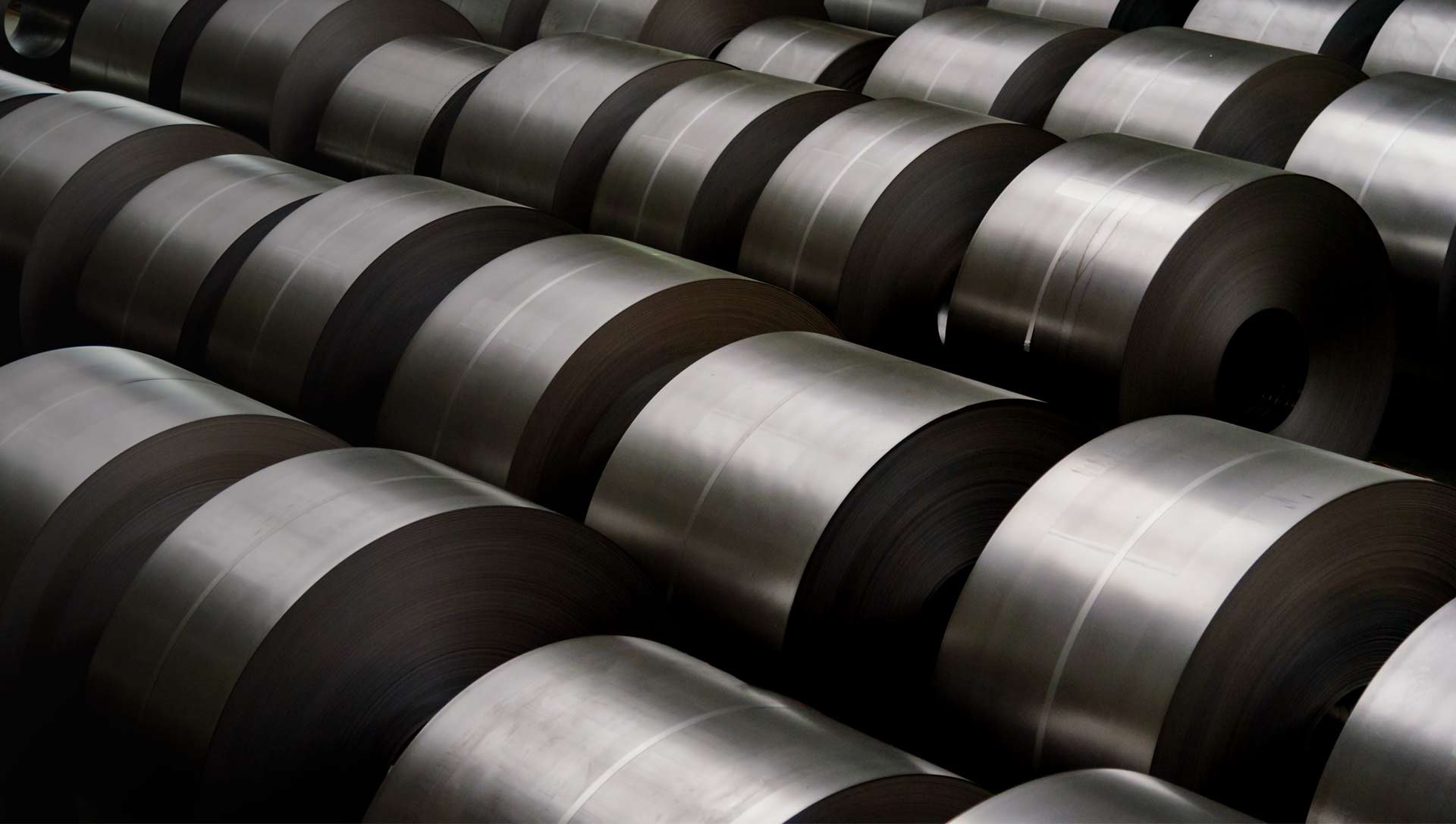
How Has Material Science Influenced C.S. Osborne Tool Production? Evolving with Advancements in Metallurgy
Material science isn’t just a field of study; it’s the backbone of innovation in tool manufacturing. In the realm of C.S. Osborne, a revered name in tool production, material science plays a pivotal role in shaping the tools that artisans and craftsmen rely on. So, how has this discipline influenced Osborne’s production methods?
The Foundation of Quality
At its core, metallurgy is about understanding the properties and behaviors of metals. This science has revolutionized tool production in countless ways. Here’s how:
- With advancements in metallurgy, C.S. Osborne has refined its material selection process. Choosing the right alloy can significantly impact the durability, strength, and performance of tools.
- Techniques like heat treating allow Osborne to enhance the properties of metals. This process improves hardness, toughness, and wear resistance, ensuring that tools stand the test of time.
Innovation Through Research
C.S. Osborne isn’t just keeping pace with advancements; they’re at the forefront of innovation. Through extensive research in material science, they develop tools that meet the evolving needs of the industry.
- Creating Unique Alloys:
The exploration of new alloys opens doors to lightweight, high-strength materials that can enhance tool performance. This innovation leads to tools that are not only more effective but also easier to handle.
- Design Improvements:
Material science informs design decisions, allowing Osborne to create tools that are ergonomically optimized and aesthetically pleasing. The right materials lead to designs that are both functional and appealing.
Sustainability – A Modern Necessity
As the world grows increasingly conscious of sustainability, C.S. Osborne embraces the principles of eco-friendly manufacturing. Material science plays a crucial role in this transition.
- Innovations in material science enable the use of recyclable materials in tool production. This reduces waste and promotes a more sustainable manufacturing process.
- Advances in metallurgy lead to more energy-efficient production methods. Osborne’s commitment to sustainability not only benefits the environment but also reduces operational costs.
Meeting Industry Demands
The tool manufacturing industry is dynamic, with constantly changing demands. C.S. Osborne leverages material science to adapt swiftly to these shifts.
The ability to manipulate material properties allows for the customization of tools to meet specific customer needs. This flexibility is essential in a market that increasingly values tailored solutions.
With advancements in material science, tools are being designed to meet higher performance standards. Whether it’s increased durability or enhanced precision, material innovations help Osborne stay ahead of the curve.
Conclusion
Material science has profoundly influenced C.S. Osborne’s approach to tool production, shaping everything from material selection to innovative designs.
As the field of material science continues to evolve, C.S. Osborne stands ready to adapt, ensuring that their tools remain synonymous with excellence for generations to come. In a world where precision and durability matter, the interplay between material science and craftsmanship is a story worth telling.




